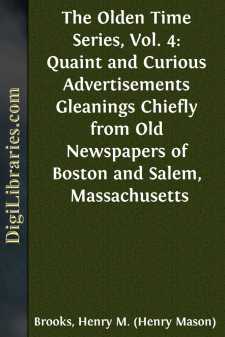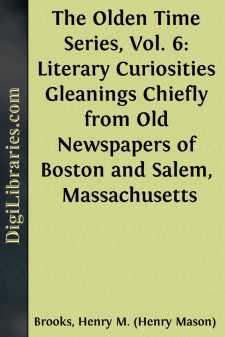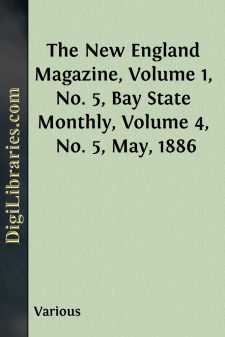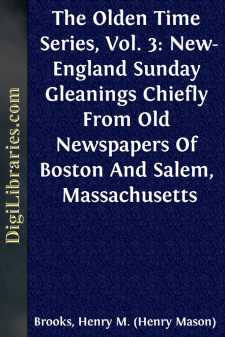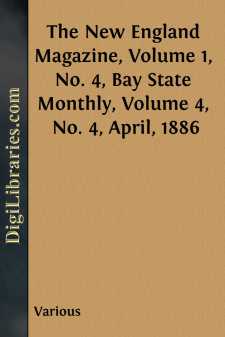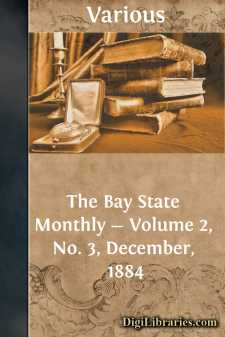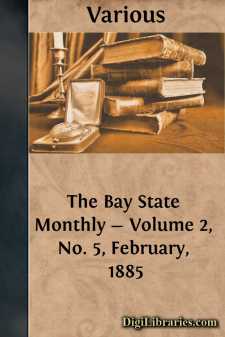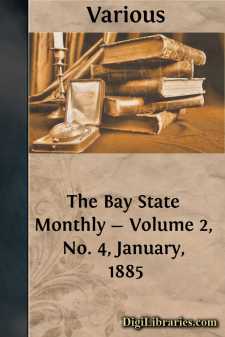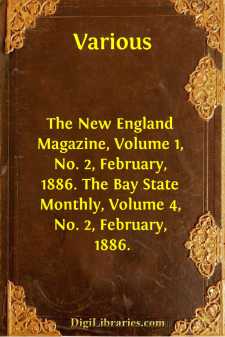Categories
- Antiques & Collectibles 13
- Architecture 36
- Art 48
- Bibles 22
- Biography & Autobiography 813
- Body, Mind & Spirit 142
- Business & Economics 28
- Children's Books 17
- Children's Fiction 14
- Computers 4
- Cooking 94
- Crafts & Hobbies 4
- Drama 346
- Education 46
- Family & Relationships 57
- Fiction 11829
- Games 19
- Gardening 17
- Health & Fitness 34
- History 1377
- House & Home 1
- Humor 147
- Juvenile Fiction 1873
- Juvenile Nonfiction 202
- Language Arts & Disciplines 88
- Law 16
- Literary Collections 686
- Literary Criticism 179
- Mathematics 13
- Medical 41
- Music 40
- Nature 179
- Non-Classifiable 1768
- Performing Arts 7
- Periodicals 1453
- Philosophy 64
- Photography 2
- Poetry 896
- Political Science 203
- Psychology 42
- Reference 154
- Religion 513
- Science 126
- Self-Help 84
- Social Science 81
- Sports & Recreation 34
- Study Aids 3
- Technology & Engineering 59
- Transportation 23
- Travel 463
- True Crime 29
Sort by:
CURIOUS ADVERTISEMENTS. Among the mass of advertisements that have appeared from time to time in newspapers are to be found some which are very quaint and curious. Such are not, in all cases, intended by the writers to be so; but they sound so, especially to those persons who have an ear for strange or humorous things. Sometimes, indeed, it is the intention of the writers to attract particular notice...
more...
LITERARY CURIOSITIES. The following humorous lines well describe the difficulty that editors find in pleasing the public. They are expected to know everything, and to be able to satisfy all tastes and capacities. No imperfections can be excused in conductors of newspapers; they are not even allowed to be unfortunate. THE EDITOR.That editor who wills to please,Must humbly crawl upon his knees,And kiss...
more...
by:
Various
The plan for the establishment of a second college in Connecticut was not carried into effect until after the time of the political and religious revolution which secured the adoption of a State Constitution in 1818. Probably no such plan was seriously entertained till after the close of the war of Independence. The Episcopal church in Connecticut had, one may almost say, been born in the library of...
more...
NEW-ENGLAND SUNDAY. Seeing in an old paper that General Washington was stopped by a "tythingman" in Connecticut in 1789 for the "crime" of riding on Sunday, we were naturally led to think about the "Sabbath question," as it is sometimes called. We find the account referred to in the "Columbian Centinel" for December, 1789. THE PRESIDENT AND THE TYTHINGMAN. The...
more...
by:
Various
It is said that there are twenty-six places in the United States by the name of Andover; yet when the name appears in the public prints it does not occur to any one to ask which Andover? These facts are suggestive of the wide knowledge and popularity of this historic town, and the abiding interest of scattered thousands in its welfare. Her sons have gone forth to dare and to do upon every field of...
more...
by:
Various
GROVER CLEVELAND.By HENRY H. METCALF.Save only that of Ulysses S. Grant, no name in America has come from comparative obscurity into national eminence in so short a time as that of GROVER CLEVELAND. The fame of Grant was wrought out through the exigencies of a great civil war, in which the unity of the Republic was the issue involved. The distinction which Cleveland has achieved comes of valiant...
more...
by:
Various
DANIEL LOTHROP.By JOHN N. MCCLINTOCK, A.M.The fame, character and prosperity of a city have often depended upon its merchants,—burghers they were once called to distinguish them from haughty princes and nobles. Through the enterprise of the common citizens, Venice, Genoa, Antwerp, and London have become famous, and have controlled the destinies of nations. New England, originally settled by sturdy...
more...
by:
Various
WILLIAM GASTON. By ARTHUR P. DODGE. Victor Hugo has written: "The historian of morals and ideas has a mission no less austere than that of the historian of events. The latter has the surface of civilization, the struggles of the crowns, the births of princes, the marriages of Kings, the battles, the assemblies, the great public men, the revolutions in the sunlight, all exterior; the other historian...
more...
by:
Various
GEORGE DEXTER ROBINSON. BY FRED. W. WEBBER, A.M. [Assistant Editor of the Boston Journal.] His Excellency George D. Robinson, at present the foremost citizen of Massachusetts, by reason of his incumbency of the highest office in the Commonwealth, is the thirtieth in the line of succession of the men who have held the office of Governor under the Constitution. In character, in ability, in education, and...
more...
by:
Various
Tufts College is situated on the most beautiful and commanding eminence in the southeasterly part of Middlesex county, within the town of Medford and on the borders of Somerville. This eminence was formerly called Walnut Hill, on account, it is said, of the heavy growth of hickory timber with which it was covered at the time of the settlement of the colony, but is now called College Hill, on account of...
more...


